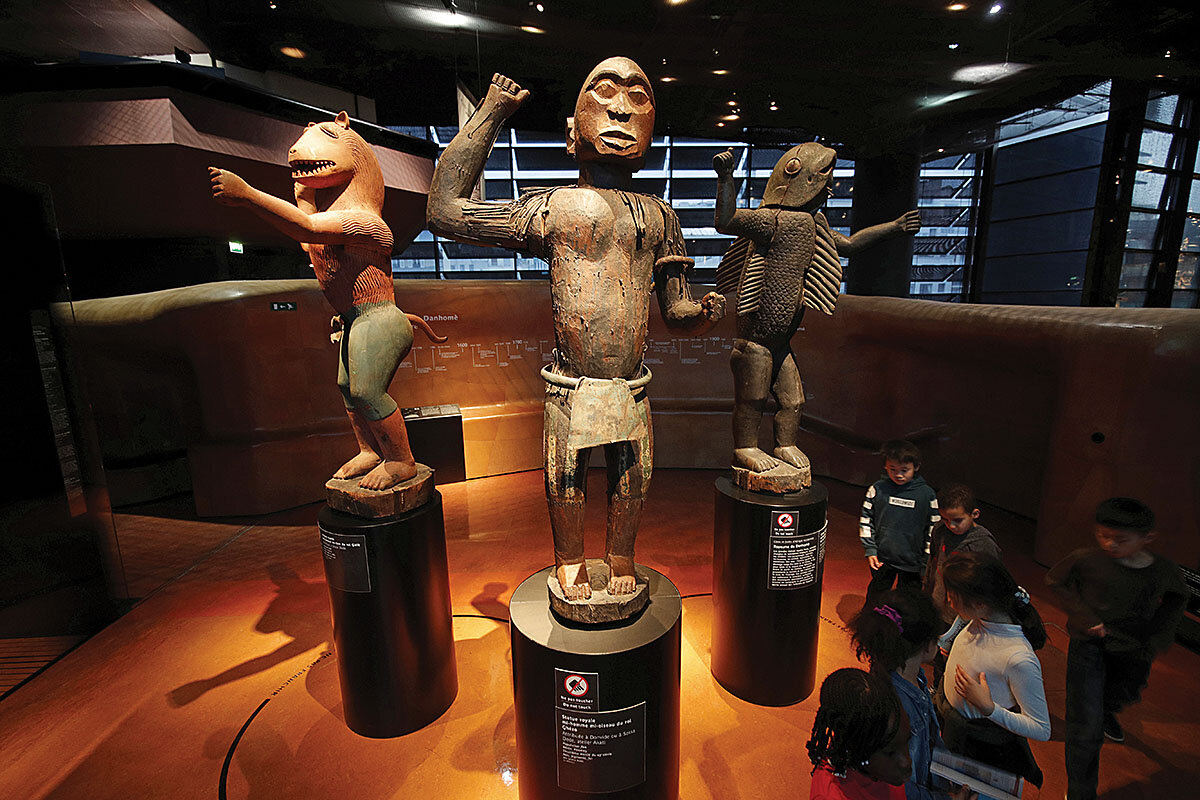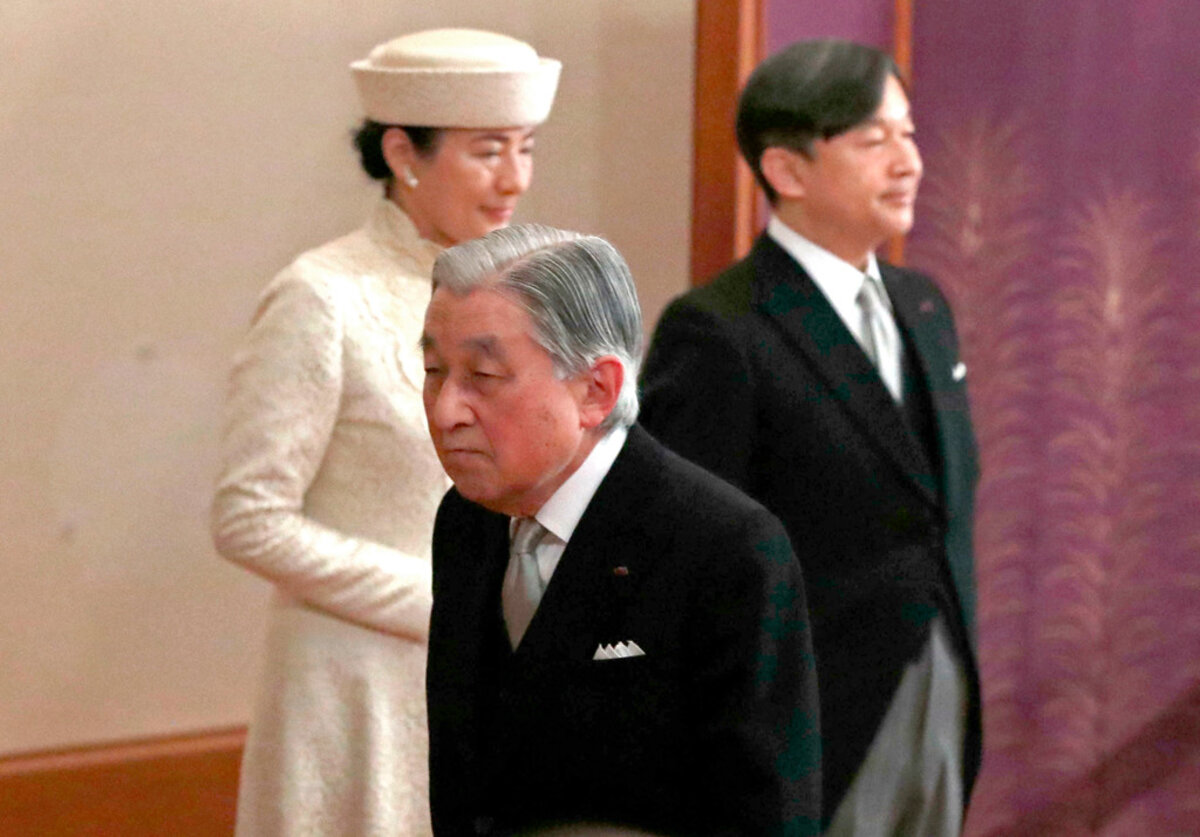The Monroe Doctrine, the 19th-century U.S. policy declaring “hands off!” to other powers in Western Hemisphere affairs, is seeing new life in the Trump administration. But is it a stand for democracy, or U.S. hegemony over its “backyard?”
Monitor Daily Podcast
- Follow us:
- Apple Podcasts
- Spotify
- RSS Feed
- Download
 Laurent Belsie
Laurent Belsie
For all you inventors – and those of you upset by the seeming intransigence of politics – this one’s for you.
Archaeologists say they have discovered the oldest human footprint yet found in the Americas. The print was actually discovered in 2010, at a dig in the city of Osorno, Chile. But it took time to confirm the radiocarbon dating of nearby plant material – and even more time to convince colleagues that such a print was possible. It contradicts the prevailing theory that humans crossed into the Americas from Siberia and didn’t reach Chile until some 3,000 years later.
That theory has been challenged in recent years by geologic evidence and traces of older human activity. Still, peer reviewers were unconvinced by the Chilean footprint.
Maybe the radiocarbon dating was wrong? The researchers checked and rechecked their results. Maybe the find was an animal track that got misshapen to look like a human footprint. The researchers made footprint tests using real people.
Finally, the reviewers agreed with the researchers. Last week, the scientific journal PLOS-ONE published the results: An adult male made the print some 15,600 years ago.
The big question now is: How did he get there? It will take a lot more research to figure that out.
The point is: People eventually abandon outdated theories and begin to embrace new ones as the evidence accumulates. It just takes a lot of patience – and one bold human step.
Now, onto today’s five stories, which include a look at why Venezuela’s coup is happening now, intriguing ideas to rebuild rural America, and Peter Rainer’s picks for best April movies.









